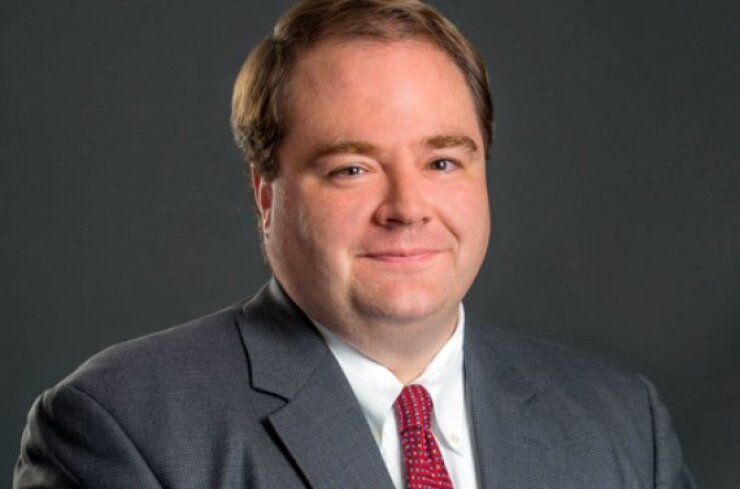Update: The a vote in the full House approved this bill after this story was published.
The House is expected to vote this week on a bill that aims to modernize the IRS – and it could have an impact on credit unions.
HR 1957, the Taxpayers First Act, would alter how the Internal Revenue Service deals with Form 990 filings – a requirement for CUs that want to maintain their tax-exempt status. Additionally, the bill would make numerous changes to how the IRS operates and could affect how the Bank Secrecy Act is applied to financial institutions.
The bill is expected to be on the House floor within the coming days, and under a suspension of House rules would need a two-thirds majority to pass. Described as a bipartisan piece of legislation, which Hill watchers say increases its odds of passage, both major national credit union trade associations are keeping a close eye on the bill.
The House passed similar legislation in the last session of Congress but that bill was never taken up by the Senate.

In particular, CU observers are monitoring two provisions in the legislation. Under current law, the IRS can revoke a not-for-profit’s tax-exempt status after three consecutive years of failing to file Form 990. Ryan Donovan, chief advocacy officer at the Credit Union National Association, explained that HR 1957 would require the IRS to warn any not-for-profit institution after two consecutive missed filings, affording them a year to file their 990 and conform with the law.
One other provision Donovan said could affect CUs is one which would require the IRS to automate the Income Verification Express System.

“IVES is used by mortgage lenders to verify a borrower’s income when applying for a loan,” he said. “While the system currently requires a loan officer to request a borrower’s record by fax, this update would automate the process, speeding it along. Though this new system would have an associated fee to cover the cost of the program, it will likely be justified by the increased speed and other improvements to the loan approval process brought by this update.”
The larger goal of the Taxpayers First Act, said Brad Thaler, VP of legislative affairs for the National Association of Federally-Insured Credit Unions, is to “move the IRS into the 21st century.” But it could also provide increased transparency within the industry.
Not only would the law require electronic filing of 990s, he said, it would also create a way to make information on salaries to top executives and others available to the public.

“Federal charters do not have to file 990s, but state charters do,” Thaler said. “This provision is not credit union specific, and it does not change who files, but if a credit union files a 990 it has to be done electronically and will be publicly available.”
Thaler also pointed to parts of the bill that amend BSA law to expand IRS powers in the case of individuals or entities “structuring” their transactions to stay below the $10,000 reporting threshold. If passed, the IRS would be able to seize assets and property if it was structured to avoid reporting as part of a criminal act.
Other provisions of HR 1957 Thaler said could affect either CUs or their members are:
- The IRS must consult with financial institutions and report to Congress on modernizing tax refunds via electronic funds transfers
- The IRS must create a website allowing taxpayers to electronically file IRS Form 1099
- Taxpayers would be allowed to pay taxes with debit or credit cards directly. Today they are allowed to do so through a third party.
“Credit unions do not necessarily need to be concerned about this bill, but they need to be aware because there are some aspects that will have tangential impacts,” Thaler said. “The legislation does not necessarily change requirements for credit unions, but it does change how credit unions and their members interact with the IRS.”
Donovan said CUNA has heard a “general chatter” of support for HR 1957 in both chambers.
“The path to passage lies with each chamber’s respective leadership bringing it to the floor,” he explained. “The bill’s bipartisan support certainly increases the chances of being brought to the floor and passing, but there are no guarantees.”
Isaac Boltansky, director of policy research for Compass Point, a consultancy based in Washington, D.C., said the legislation would be “positive” for the credit union industry, “but it does not represent a seismic shift.”
“The provisions in this bill are modest, technical and narrowly targeted,” Boltansky assessed.





